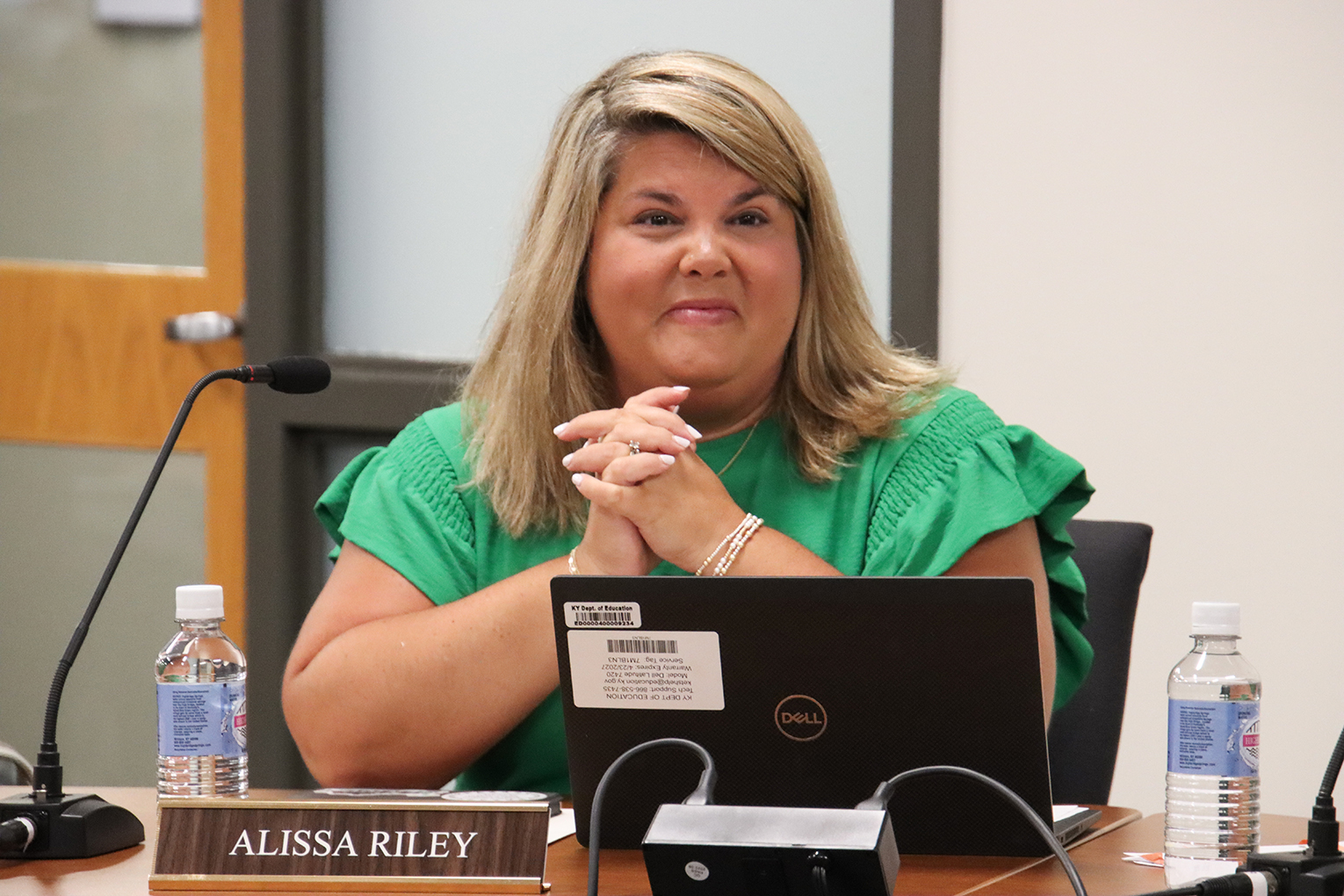
Kentucky Rep. Tina Bojanowski
A year ago, I asked Kentucky Rep. James Tipton if I could help him with his reading bill that had died in committee. He agreed, and I started to do research.
Over the year, I discovered that despite having a master’s of arts in teaching and a doctorate in education, I did not know much about the research on teaching reading.
A few years into my role as an elementary special education teacher, I was not satisfied with how I was teaching reading, and I reached out to reading professionals for curricular guidance. I adopted a program that allowed me to implement explicit and systematic phonics instruction and I finally began to see my students progress as readers.
As a doctoral student, I learned about the National Reading Panel’s finding that there are five key aspects to teaching reading: phonemic awareness, phonics, comprehension, fluency and vocabulary. The report, published in 2000, was supposed to be the end of the “reading wars”; reading programs should ensure that all five areas were taught.
Yet, the more I learned about reading, the more concerned I became that young readers in Kentucky were not being taught to read in a systematic and explicit manner. I learned first-hand that simply exposing a child to rich literature was not a guaranteed path to being able to read. My first son struggled significantly and only became a strong reader after a diagnostic evaluation and intensive, targeted interventions in his area of need.
Teaching word identification and decoding in an explicit and systematic manner is good for all readers, and it is imperative for struggling readers. Students should be taught phonology, sound-symbol association, syllable instruction, morphology, syntax and semantics.
To support the teaching of these foundational literacy skills, the Kentucky Department of Education (KDE) is launching a new, exciting partnership, called the Kentucky Reading Academies, which brings the Language Essentials for Teachers of Reading and Spelling (LETRS) professional learning opportunity to educators across the Commonwealth. Through LETRS, teachers gain essential knowledge to master the fundamentals of literacy instruction required to transform student learning and create more vibrant experiences for Kentucky’s youngest readers.
Significant research on how children learn to read has been published in the 22 years since the National Reading Panel report was released. The funding of the Read to Succeed Act will allow elementary school classroom teachers (and other educators) to increase their professional learning regarding the teaching of reading, knowledge which can then be applied to whichever curriculum is selected by a district. The General Assembly has appropriated $11 million in each year of the budget and KDE is using $10 million in American Rescue Plan Elementary and Secondary School Emergency Relief (ARP ESSER) funds for the first phases of the statewide Kentucky Reading Academies. It’s a $32 million investment in making our students better readers and our educators more effective reading teachers.
I encourage all of my colleagues to join me in registering for the Kentucky Reading Academies and in thanking Sen. Steve West, Rep. Tipton and KDE for bringing this opportunity to Kentucky.
Rep. Tina Bojanowski represents District 32 in the Kentucky House of Representatives. She also is a special education teacher at Watterson Elementary School (Jefferson County).



Leave A Comment